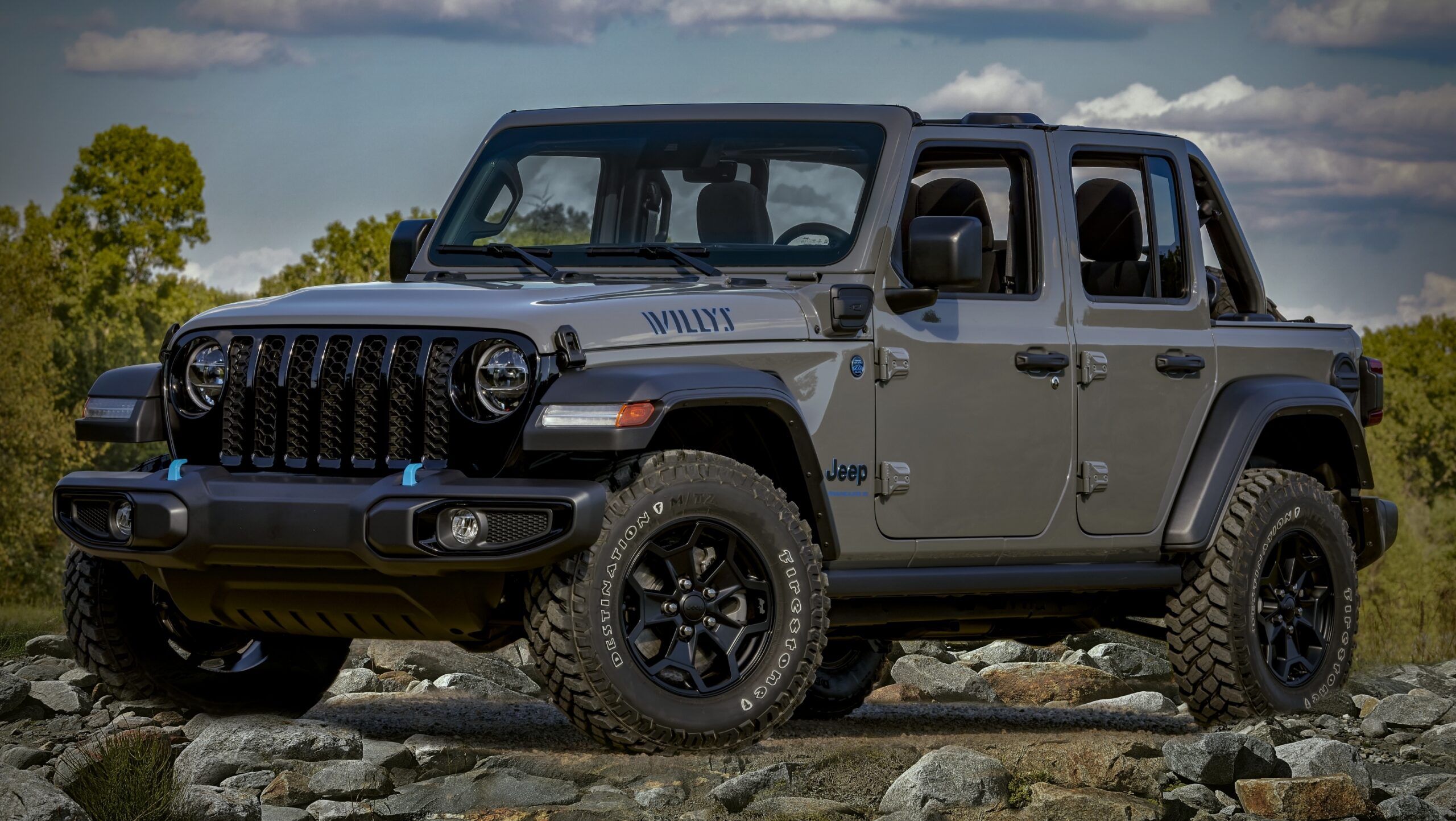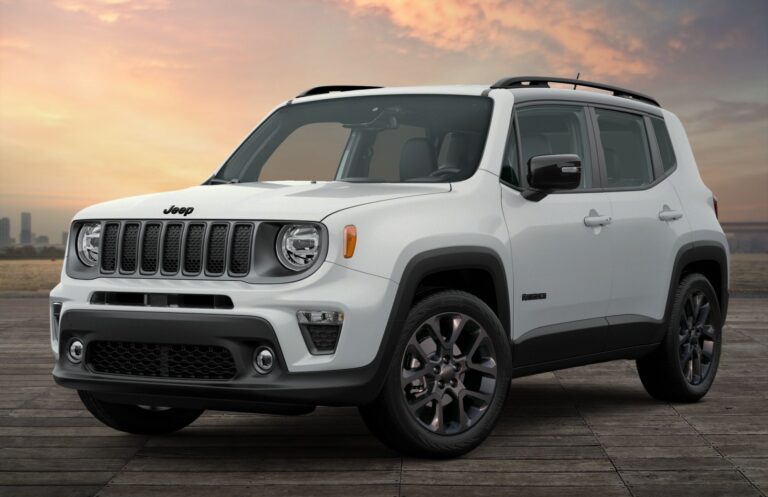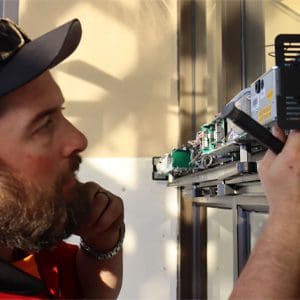Jeep Willys Overland For Sale: Your Ultimate Guide to Owning a Legend
Jeep Willys Overland For Sale: Your Ultimate Guide to Owning a Legend jeeps.truckstrend.com
The rumble of its engine, the unmistakable silhouette, the sheer ruggedness – for many, the Jeep Willys Overland is more than just a vehicle; it’s a living piece of history, an icon born of necessity and forged into a legend. From the battlefields of World War II to the farms and backroads of America, the Willys Jeep has symbolized resilience, utility, and unparalleled adventure. Today, these venerable machines continue to captivate enthusiasts, collectors, and adventurers alike. If you’ve ever dreamed of owning a piece of automotive heritage, navigating the world of "Jeep Willys Overland For Sale" requires insight, patience, and a deep appreciation for its enduring spirit. This comprehensive guide will equip you with the knowledge needed to find, evaluate, and ultimately, drive home your very own Willys legend.
The Unyielding Spirit of the Willys Overland Jeep
Jeep Willys Overland For Sale: Your Ultimate Guide to Owning a Legend
At its core, the Willys Overland Jeep is the progenitor of all modern SUVs and off-road vehicles. Its story began in 1941 when Willys-Overland Motors won the contract to produce a lightweight, four-wheel-drive reconnaissance vehicle for the U.S. Army, leading to the legendary MB. After the war, Willys cleverly transitioned this military marvel into civilian life with the CJ (Civilian Jeep) series, starting with the CJ-2A. This transformation not only saved the company but also introduced the concept of a multi-purpose utility vehicle to the masses.
The enduring appeal of the Willys Overland Jeep lies in its simplicity, robustness, and unmatched historical significance. It’s a vehicle that tells a story, evokes a sense of nostalgia, and offers a driving experience unlike anything on the modern road. For sale, these vehicles represent a tangible connection to a pivotal era, offering both a rewarding restoration project and a unique mode of transport.
Why Buy a Willys Overland Jeep? Beyond the Rust and Rivets
Owning a Willys Jeep is an experience that transcends mere transportation. Here’s why enthusiasts actively seek out "Jeep Willys Overland For Sale" listings:
- Historical Significance: Drive a piece of history that helped win WWII and shaped the automotive landscape.
- Unmatched Ruggedness: Designed for the toughest conditions, these Jeeps are built to last and handle diverse terrains.
- Simplicity and Maintainability: With fewer complex electronics, many repairs are straightforward for the mechanically inclined. Parts are often surprisingly available.
- Versatility: From off-road adventures and farm work to unique daily driving and show car appearances, a Willys can adapt.
- Community and Camaraderie: Owners join a vibrant global community, sharing knowledge, parts, and experiences.
- Investment Potential: Well-maintained or professionally restored Willys Jeeps, especially early military models, tend to appreciate in value.
- Pure Driving Experience: No power steering, no air conditioning, just raw, visceral driving that connects you directly to the road (or trail).

Navigating the Market: Where to Find Your Willys Legend
Finding the right "Jeep Willys Overland For Sale" can be an adventure in itself. Here are common avenues:
- Online Marketplaces: Websites like eBay Motors, Craigslist, Facebook Marketplace, and dedicated classic car sales sites (e.g., Hemmings, ClassicCars.com) are popular starting points. Be wary of scams and always inspect in person.
- Specialized Forums & Clubs: Willys Jeep owner forums and clubs (e.g., The CJ2A Page, G503 for military Jeeps) often have "for sale" sections. These are excellent sources for vetted vehicles and knowledgeable sellers.
- Classic Car Dealerships: Some dealerships specialize in vintage vehicles and may have restored or original Willys Jeeps. Prices might be higher, but vehicles are often pre-inspected.
- Auctions: Major automotive auctions (Barrett-Jackson, Mecum) occasionally feature high-end, professionally restored Willys Jeeps. Local auctions can sometimes yield hidden gems.
- Word-of-Mouth & Car Shows: Networking within the classic car community or attending vintage Jeep events can lead to private sales not advertised elsewhere.
Understanding the Models: A Brief Willys Lineup
While "Jeep Willys Overland For Sale" broadly refers to various models, understanding the key types will help refine your search:
- Willys MB / Ford GPW (1941-1945): The original "Jeep" of WWII. Highly sought after for historical accuracy, often fetching the highest prices, especially if original and well-documented.
- Willys CJ-2A (1945-1949): The first civilian Jeep, marketed as "The Universal Jeep." Features include a tailgate, side-mounted spare tire, and a robust "Go-Devil" L-head engine.
- Willys CJ-3A (1949-1953): An evolution of the CJ-2A, with a slightly stronger frame, one-piece windshield, and minor interior improvements. Often used as a "Farm Jeep."
- Willys CJ-3B (1953-1968): Distinctive for its taller "high-hood" design, necessitated by the new F-head "Hurricane" engine. A favorite for those seeking more power without major modifications.
- Willys Wagons, Trucks, and Pickups (Various Years): While not strictly "Jeeps," these related Willys vehicles share much of the same DNA and appeal, offering more enclosed space or utility.
What to Look For: A Pre-Purchase Inspection Guide
When considering a "Jeep Willys Overland For Sale" listing, a thorough inspection is paramount. Many of these vehicles are 70+ years old and will have endured a lot.
- Rust, The Silent Killer: This is the primary concern. Check the frame rails (especially near spring hangers and body mounts), floorboards, hat channels (under the floor), fenders, and body tubs. Surface rust is manageable; structural rust is a major red flag.
- Engine & Drivetrain:
- Engine: Look for oil leaks, listen for knocking or excessive smoke. Check oil and coolant levels and clarity.
- Transmission/Transfer Case: Test all gears (including reverse) and engage 4×4 high/low. Listen for grinding or difficulty shifting. Look for fluid leaks.
- Axles: Check for leaks around the differential covers and axle seals.
- Suspension & Steering: Inspect leaf springs for breaks, shackles for wear. Check for excessive play in the steering wheel, which can indicate worn steering box components or tie rods.
- Brakes: Test pedal feel (should be firm, not spongy). Check for leaks at the master cylinder or wheel cylinders. Given their age, brake systems often need comprehensive overhaul.
- Electrical System: Original 6-volt systems can be finicky. Check all lights, gauges, and the starter. Look for frayed wires or amateur repairs. Many have been converted to 12-volt, which simplifies things.
- Documentation: Verify the VIN matches the title. Ask for service records, previous ownership history, and any restoration receipts.
- Test Drive: Crucial. Pay attention to how it starts, idles, accelerates, shifts, and brakes. Listen for unusual noises. How does it handle? Remember, it won’t drive like a modern car.
Budgeting for a Classic: More Than Just the Sticker Price
The "Jeep Willys Overland For Sale" price is just the beginning. Factor in these additional costs:
- Purchase Price: Varies wildly based on condition, model, and originality.
- Transportation: Unless it’s a local purchase, you’ll need to factor in shipping costs.
- Restoration/Repairs: Even a "driver" will likely need work. Factor in bodywork, paint, mechanical overhauls, and electrical fixes. Parts can be affordable, but labor can add up.
- Insurance: Classic car insurance is often cheaper than standard auto insurance but requires specialized policies.
- Storage: Secure, dry storage is essential to prevent rust and deterioration.
- Tools & Manuals: You’ll likely want a good set of tools and a factory service manual.
Restoration vs. Preservation vs. Restomod:
- Restoration: Returning the vehicle to its original factory condition. This is typically the most expensive and time-consuming route, often undertaken for show vehicles.
- Preservation: Maintaining the vehicle in its current, original state, embracing its "patina" and history without major overhauls. This is often done for well-preserved, low-mileage examples.
- Restomod: Combining classic looks with modern mechanicals (e.g., engine swap, disc brakes, power steering) for improved driveability and reliability. This can make a Willys a more practical daily driver.
Ownership and Enjoyment: Life with a Willys
Once you’ve secured your Willys, the journey continues.
- Parts Availability: Surprisingly good for many models, thanks to a dedicated aftermarket and surplus parts market. Websites like KaiserWillys.com, Walck’s 4WD, and numerous eBay sellers specialize in Willys parts.
- Finding a Mechanic: Many general mechanics may not be familiar with these older vehicles. Seek out specialists in vintage vehicles or classic Jeeps. Better yet, learn to do some basic maintenance yourself; these vehicles are relatively simple.
- Joining the Community: Connect with local and online Willys Jeep clubs. They are invaluable resources for advice, parts, and shared experiences.
- Maintenance: Regular oil changes, lubrication of chassis components, and checking fluid levels are crucial. Keep an eye on rust prevention, especially if driving in wet or salty conditions.
Jeep Willys Overland For Sale: Price Guide
The price of a Jeep Willys Overland can vary dramatically based on its specific model, year, condition, originality, and location. The following table provides a general range; individual sales may fall outside these estimates.
| Condition Category | Description | Estimated Price Range (USD) | Key Characteristics Willys Overland Jeeps are renowned for their incredible adaptability. From rugged trails to smooth roads, their capability knows no bounds. This versatility makes them highly sought after by collectors and adventurers alike.
Frequently Asked Questions (FAQ)
- What is the "Overland" part of the name? Willys-Overland Motors was the company that originally produced these Jeeps. After the war, they retained the name for the civilian models.
- Are parts hard to find for old Willys Jeeps? Surprisingly, no. Due to their popularity and simple design, there’s a robust aftermarket for new reproduction parts, and many original parts are still available through specialty suppliers and online communities.
- Can I use a Willys Jeep as a daily driver? While possible, it’s not ideal for everyone. They lack modern comforts (AC, power steering, advanced safety features) and can be slow by today’s standards. Many owners reserve them for weekend drives or specific utility tasks.
- What’s the average fuel economy? Expect around 15-20 MPG, depending on the engine (Go-Devil L-head or Hurricane F-head), condition, and driving habits.
- Is it a good investment? Well-preserved or professionally restored Willys Jeeps, particularly rare military variants, have shown appreciation over time. However, like any classic car, it’s an investment of passion first, financial gain second.
- Do I need special insurance? Yes, it’s highly recommended to get classic car insurance. These policies typically offer better coverage for agreed-upon value and often have lower premiums for vehicles





